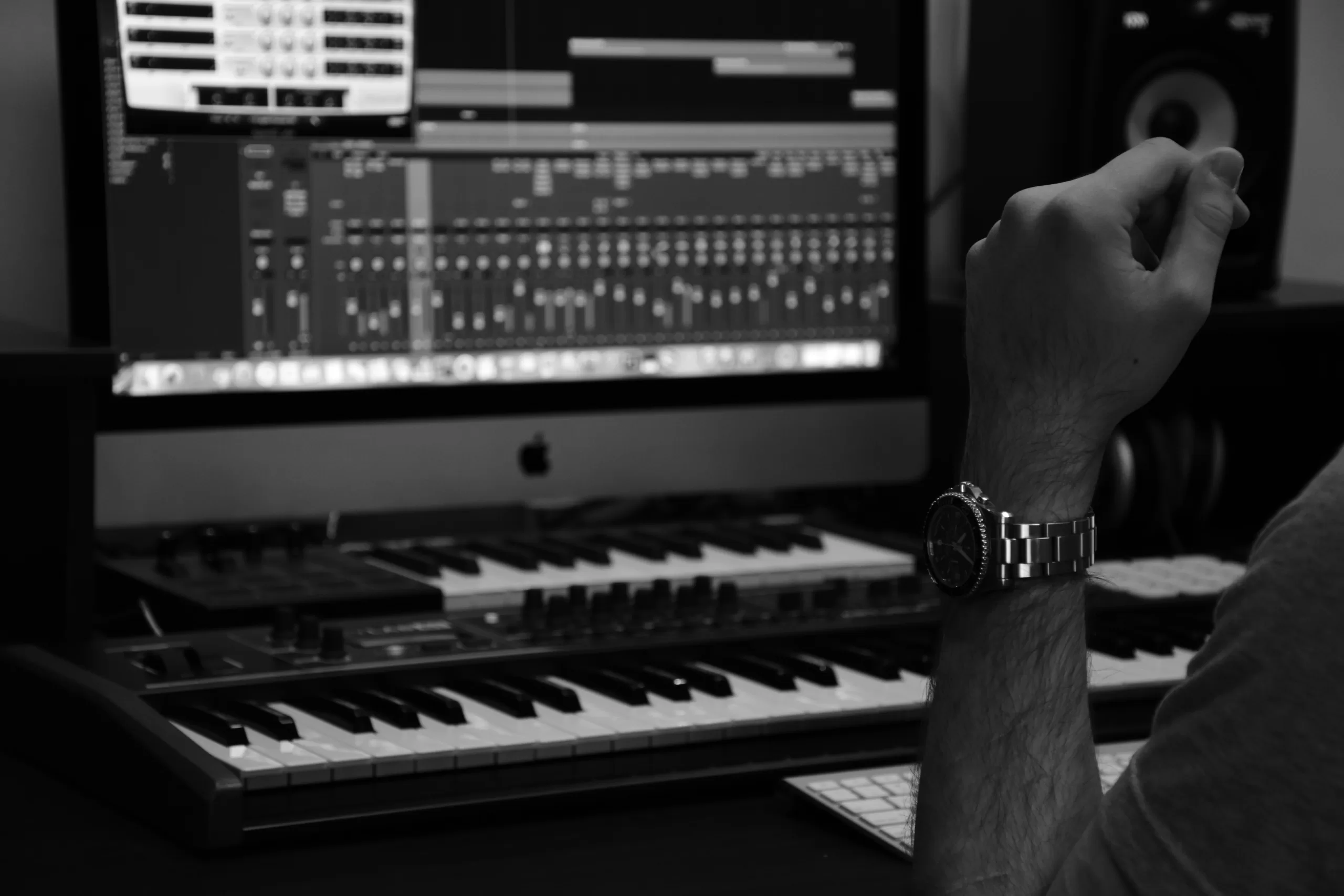
As a music producer, having the right tools and software can make a big difference in the quality of your tracks and the efficiency of your workflow. While there are many options out there, here are some of the essential tools and software that every music producer needs:
- Digital audio workstation (DAW): A digital audio workstation (DAW) is software that allows you to record, edit, and produce music. There are many different DAWs available, each with their own features and capabilities. Some popular options include Logic Pro, Ableton Live, and Pro Tools.
- Audio interface: An audio interface allows you to connect your instruments and microphones to your computer and record them into your DAW. It typically includes inputs and outputs for connecting different types of equipment, as well as a built-in audio interface.
- Studio monitors: Studio monitors are specialized speakers that are designed specifically for use in recording studios. They are designed to be accurate and neutral, allowing you to hear the true sound of your tracks.
- Microphone: A good microphone is essential for recording vocals and instruments. There are many different types of microphones available, each with their own characteristics and uses. Some popular options for music production include condenser microphones, dynamic microphones, and ribbon microphones.
- Virtual instruments: Virtual instruments are software programs that mimic the sound of real instruments. They can be used to create sounds that would be difficult or impossible to record in a traditional studio setting. Some popular virtual instruments include synthesizers, drum machines, and piano VSTs.
- Effects plugins: Effects plugins are software programs that can be used to apply effects to audio tracks in your DAW. There are many different types of effects plugins available, including EQs, compressors, reverb, and delay.
- Sample libraries: Sample libraries are collections of audio samples that can be used in your music production. They can include sounds of real instruments, as well as synthesized and manipulated sounds.
- Reference tracks: Reference tracks are songs that you use as a reference when working on your own music. They can be helpful for getting a sense of how your tracks should sound and for making mix and mastering decisions.
While this list is by no means exhaustive, it covers some of the essential tools and software that every music producer should have in their arsenal. By investing in these tools and software, you can improve the quality of your music and streamline your workflow.
